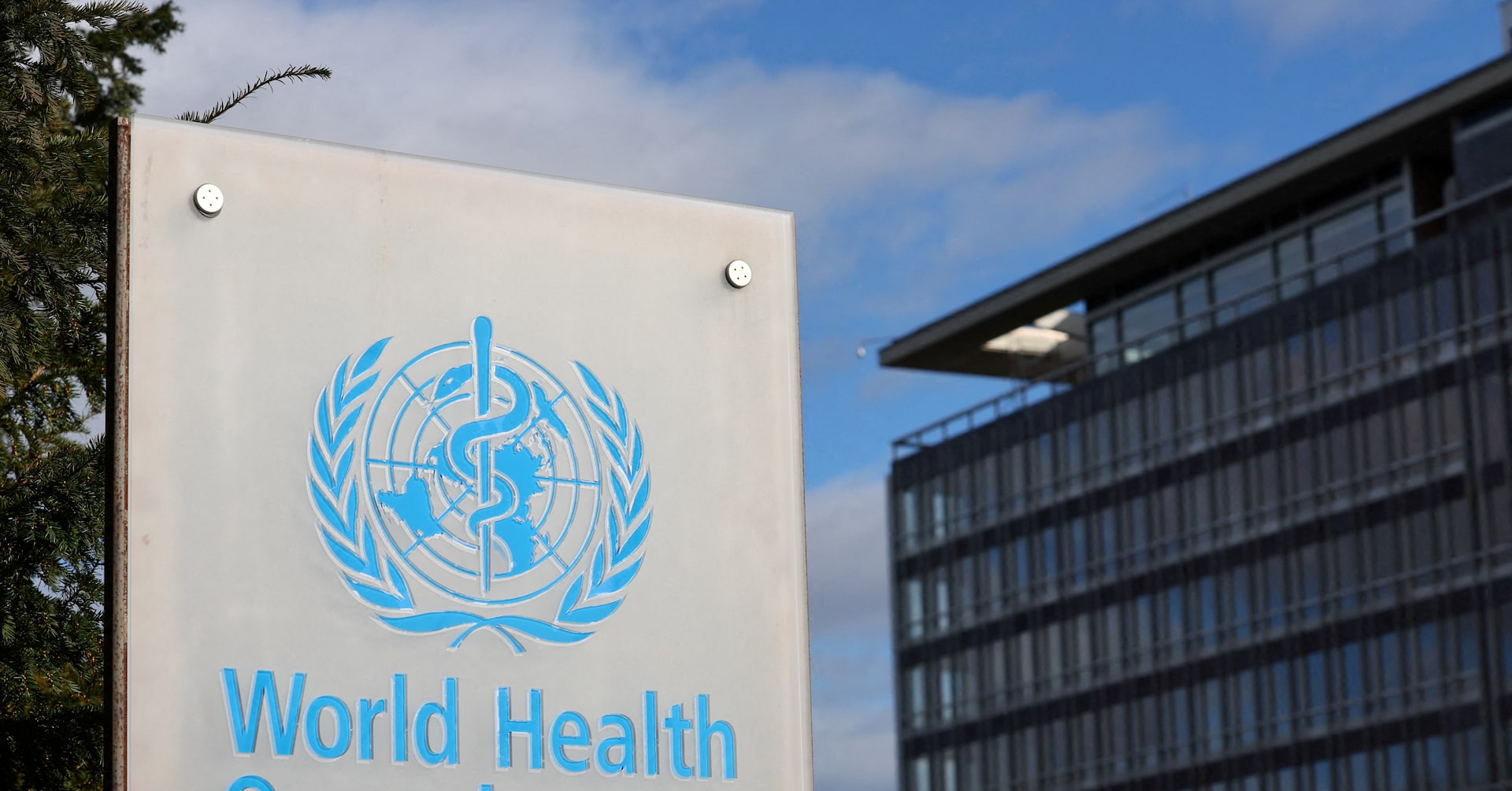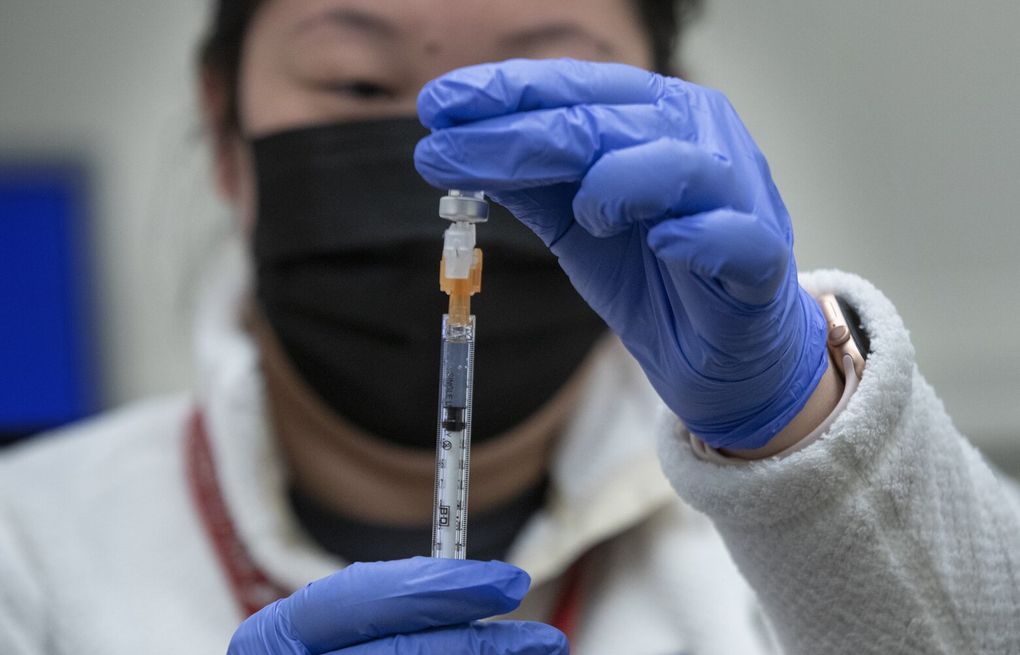Global Health Breakthrough: WHO Elevates Diabetes Drugs to Must-Have Medical Arsenal

In a groundbreaking move, the World Health Organization (WHO) has elevated GLP-1 diabetes medications to its prestigious Essential Medicines List, placing them alongside critical treatments for cystic fibrosis and cancer. This strategic inclusion aims to break down barriers and expand global access to these life-changing but expensive drugs.
By adding these innovative medications to the list, WHO signals a commitment to making cutting-edge diabetes management more accessible worldwide. The decision recognizes the significant potential of GLP-1 drugs in improving patient outcomes and potentially reducing the long-term health complications associated with diabetes.
The organization hopes that this landmark addition will encourage governments and healthcare systems to prioritize these medications, ultimately helping millions of people manage their diabetes more effectively, regardless of their economic circumstances.







